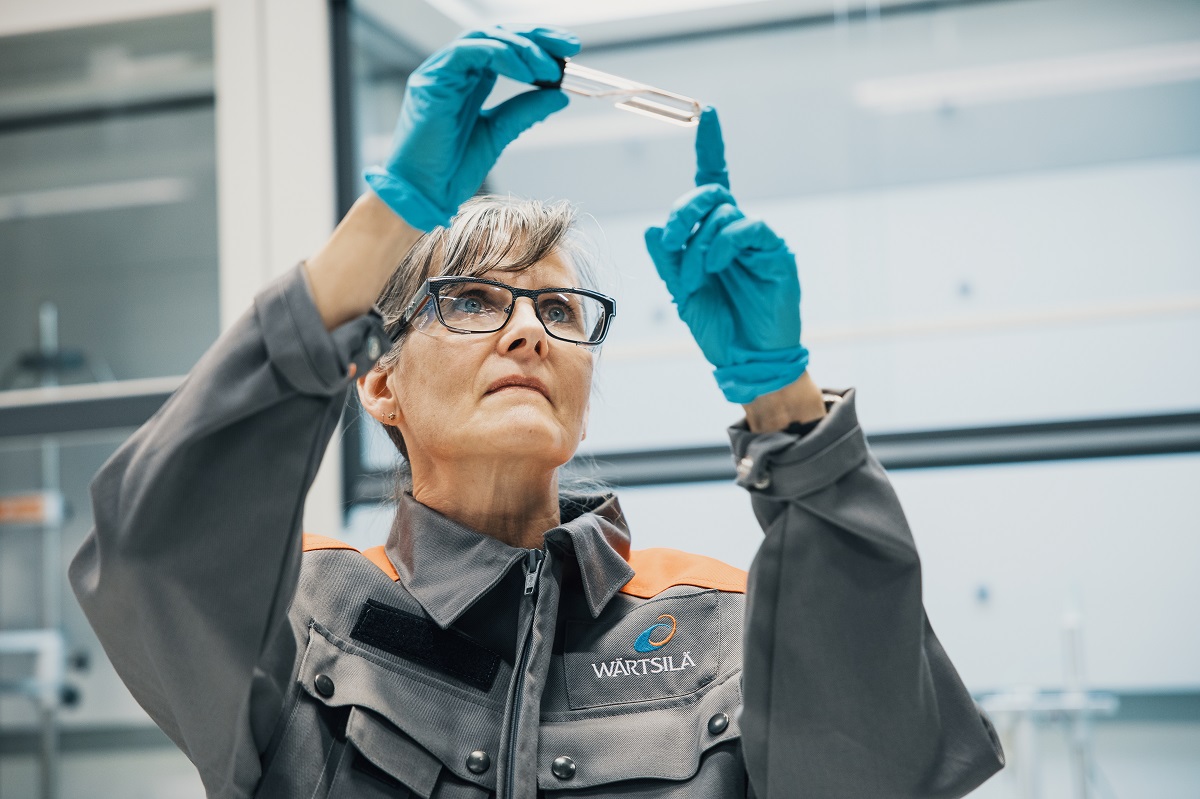
Introduction to sustainable fuels
The eyes of the world are on the greenhouse gas (GHG) emissions of the energy sector.
Global leaders expect power producers to deliver the lion’s share of emissions cuts that are so vital for meeting national decarbonisation goals and limiting the impacts of climate change. According to the International Energy Agency’s(IEA) 2050 roadmap, there is a viable pathway to a global net zero emissions energy sector by 2050 – but it’s narrow and calls for a transformation in how energy is produced, transported, stored, and used globally.
The full article series can also be found in a PDF form below.

It's also obvious that this change cannot happen overnight. Instead the transition is a stepwise process, where coal is replaced with cleaner fuels like natural gas and the share of carbon-neutral fuels in blends is increased as they become locally available. Not knowing which fuel will become predominant, or if there will be a variety of local sustainable fuels at hand in the future, investing in fuel flexibility brings certainty to an uncertain situation.
It’s also very true that a power system cannot run on solar and wind power alone, due to their intermittent nature. Carbon-neutral fuels, gaseous and liquid, and perhaps even fossil fuels are needed for balancing purposes, especially in locations with power systems that are out of reach of the gas grid. Engine power plants can ramp up and down an unlimited number of times per day and reach full power in as little as two minutes, granting operational flexibility by short response times. Having sustainable fuels in storage will facilitate the long-duration backup that is needed to ensure a stable electricity supply.
The power plant solutions of today are future-proof investments, since the same engines will run on carbon-neutral sustainable fuels, either with tuning alone or through conversions.
In current discussions on decarbonisation, which often focus on CO2 emissions, other emissions affecting local air quality tend to be put aside. However, it's important to consider and find a balance between both local and global emissions. Even the combustion of carbon-free fuels such as hydrogen or ammonia is not emission free and depending on how the emission limits are applied, exhaust after treatment for e.g. NOx reduction will be needed.
These are the kind of issues that Wärtsilä deals with on a daily basis as we develop and deliver engine power plants with a unique combination of thermal efficiency, fuel flexibility and operational flexibility. We undertake continuous research on sustainable fuels produced from renewable energy, biomass and waste. We develop our engines in combination with emission aftertreatment systems to ensure that our power plants perform optimally with these new fuels and will play a role in decarbonising energy systems.
The power plant solutions of today are future-proof investments, since the same engines will run on carbon-neutral sustainable fuels, either with tuning alone or through conversions. For the transition phase, which we see happening through natural gas, the cleanest fossil fuel, we have developed our gas engines to operate with up to 25 vol% hydrogen blends. Future-proofing power generation assets and how our technology can use different fuels are crucial questions to our customers, which we aim to discuss in this article series. We understand it is difficult for our customers to commit to investments as there is no crystal-clear visibility into what the dominant future fuel will be. We want to demonstrate that our technology will be capable of adapting efficiently to any future fuel or their combinations.
